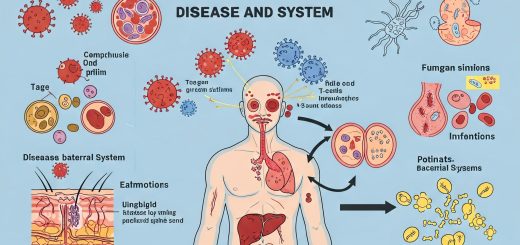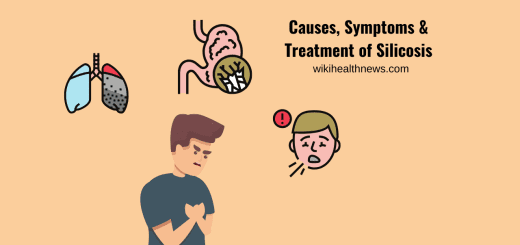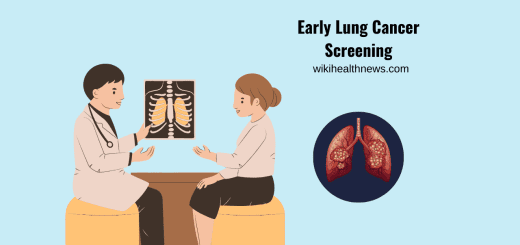Vitamins: Functions And Sources
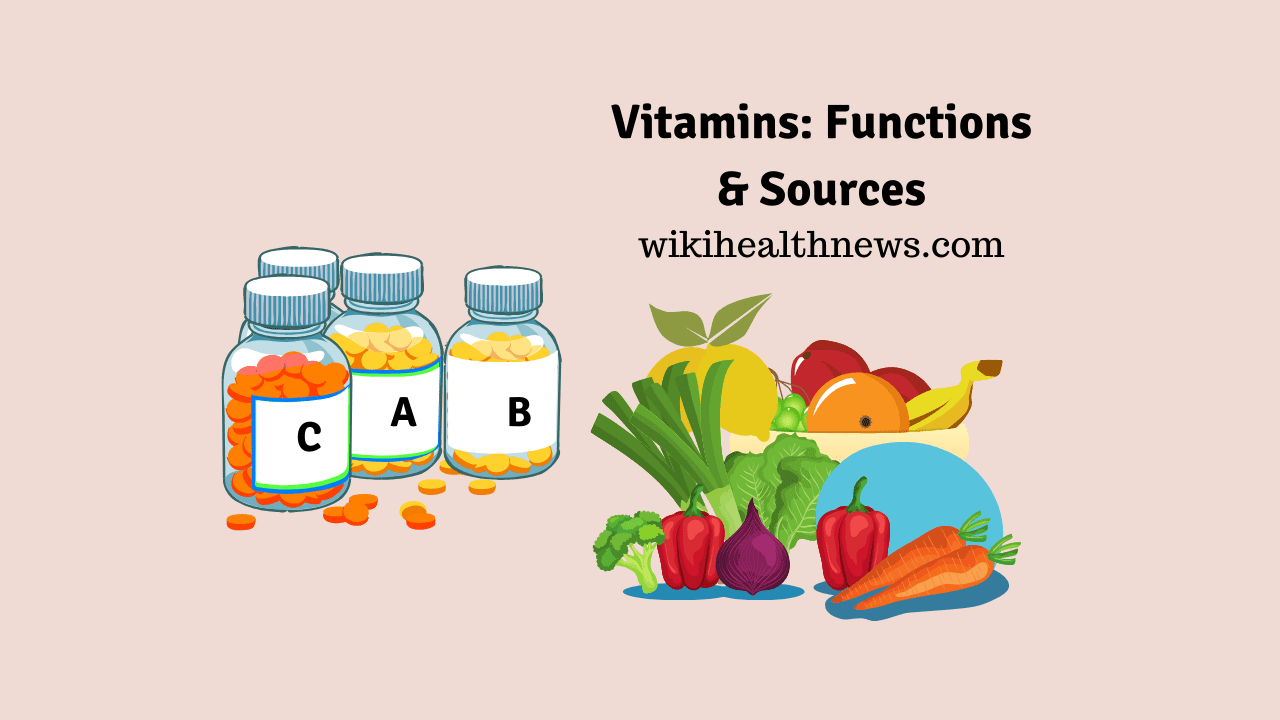
Vitamins provide essential micronutrients needed for the proper functioning of the body. The most people who follow the healthy diets include essential organic compounds needed in small quantities for healthy running of the system of the body.
There are 13 different kinds of vitamins, which is divided into two categories: Water soluble and Fat soluble vitamins. The facts that our body is unable to produce the sufficient amount of vitamins which makes it compulsory for obtain energy from the sources such as diet, and we would suffer from various illness related to lack of vitamins.
Water soluble vitamins:
The water soluble vitamins travel freely through the body and also excess amount of usually are excreted by the kidneys. The body needs water soluble vitamins to reach toxic levels. But here the niacin, Vitamin B6, folate, choline, Vitamin C has upper consumption limits. Vitamin B6 at high levels over a long period of time for causes irreversible nerve damage.
A balanced diet usually provides enough of these vitamins. People older than 50 and some vegetarians may need to use supplements to get enough B12.
Water soluble vitamins:
| Nutrients | functions | sources | Deficiency symptoms |
| Thaimine ( vitamin B1) | Parts of enzymes which needed for energy metabolism, important to nerve function, maintain healthy skin, brain and hair. | Pork, whole grain, legumes, nuts and seeds, mushrooms, tomatoes. | Swelling, fatigue, burning feet, nausea, and gastrointestinal issues. |
| Riboflavin (vitamin B2) | Energy metabolism, healthy skin, hair, blood and maintain good eye sight. | Milk and milk products, almond, liver, salmon, eggs, mushrooms, spinach and whole wheat. | Dry or cracked lips, fissure and sore of mouth, sore throat, sensitivity of light, fatigue and loss of appetite. |
| Niacin (vitamin B3) | Parts of enzyme needed for energy metabolism, important for nervous system, digestive system and skin health and also good for brain and blood cells. | Peanuts, green peas, corn, carrots, fish, sunflower seeds, brown rice, almond, red meat, chicken, green leafy, asparagus, potatoes. | Diarrhea, dementia, dermatitis and fatigue. |
| Pantothenic Acid (Viatmin B5) | Role in energy metabolism, helps in formation of red blood cells, maintain adrenal glands. | Sunflower seeds, eggs, mushrooms, green vegetables, avocado, liver, strawberries. | Insomnia, stomach pains and fatigue. |
| Pyridoxine (Vitamin B6) | Helps to formation of new red blood cells and detoxification of liver. Good functioning for nervous system | Bananas, sunflower seeds, dried prunes, brown rice, whole wheat, walnuts and chicken meat. | Swollen tongue, dermatitis, microcytic anemia, sleeplessness, irritability, and depression, meat, fish, vegetables and fruits. |
| Biotin (vitamin B7) | Helps to metabolize proteins, lipids, and carbs. Healthy maintain of hair and skin. | Eggs, salmon, sweet potato, broccoli, and strawberries. | Hair loss, hallucination, rashes. |
| Folic acids (vitamin B9) | Helps with formation of red blood cells and making DNA. | Black-eyed peas, lentils, asparagus, romaine lettuce, leafy green vegetable and orange juice, seeds, liver. | Poor immune function, poor digestion, anemia, diarrhea, and weight loss. |
| Cobalamin (vitamin B12) | Formation of red blood cells and proper metabolism, improve nerve function. | Clams, mackerel, eggs, fish, meat, soymilk, cheese, and fortified cereals. | Memory loss, numbness in legs, trouble in walking, dementia. |
| Vitamin C (ascorbic acid) | Improve blood circulation, prevent scurvy. Immune boost, iron absorption. | Broccoli, kiwi fruits, guavas, tomatoes, sprouts, citrus and potatoes, peppers, mangoes, papayas. | Gingivitis, dry hair, hair loss. |
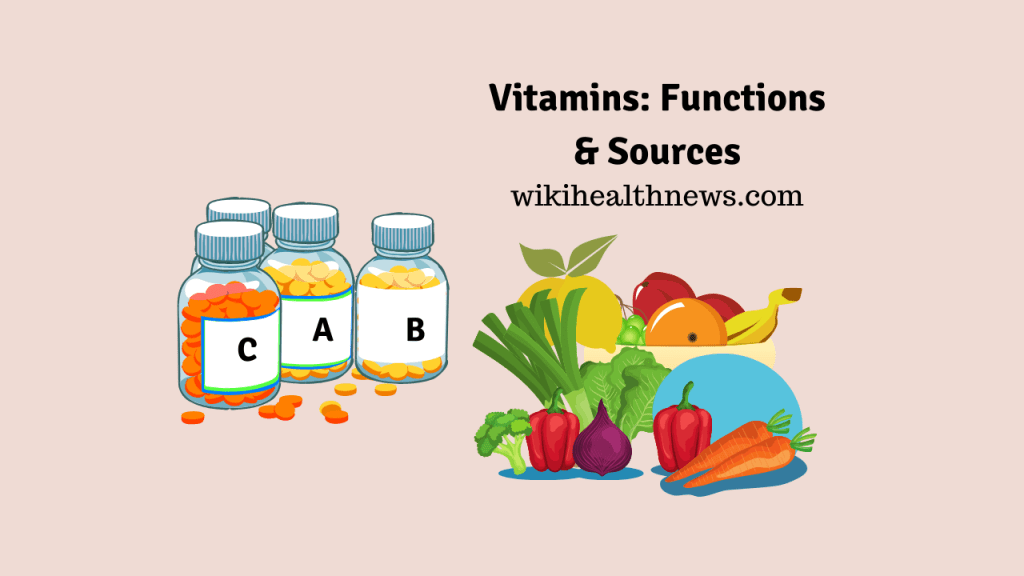
Fat soluble vitamins:
Fat soluble vitamins will not dissolve in water. They are the best absorbed vitamins when they consumed alongside a source of fat. After consumption, fat soluble vitamins are stored in liver and fatty tissues for future uses.
| Vitamin A | Need for vision, healthy skin, mucos membrane, bone & teeth growth, immune booster. | Milk, cheese, cream, butter, eggs, liver, broccoli, sweet potatoes, dark oranges fruit, green vegetables. | Cold, xerophthalmia, lousy skin. |
| Vitamin D | Absorption of calcium, stored in bones, maintain level of phosphorus. | Salmon, eggs, cereal mushroom, liver, fatty fish, fortified margarine. | Chronic fatigue, back pain, skeletal pains. |
| Vitamin E | Antioxidant, protects cell walls, immune boosting, control cholesterol level | Sunflower seeds, almond, hazelnuts oil, whole grains, liver, egg yolk, nuts and seeds, leafy green vegetables. | Muscle weakness, immune system problems. |
| Vitamin K | Required for blood clotting, maintain bone health, in new born babies they prevent hemorrhagic disease of the newborn(HDN) | Soya bean oil, spinach, mustard greens, broccoli, asparagus, Brussels. | Internal bleeding, heavy menstrual flow, spontaneous bruising. |






